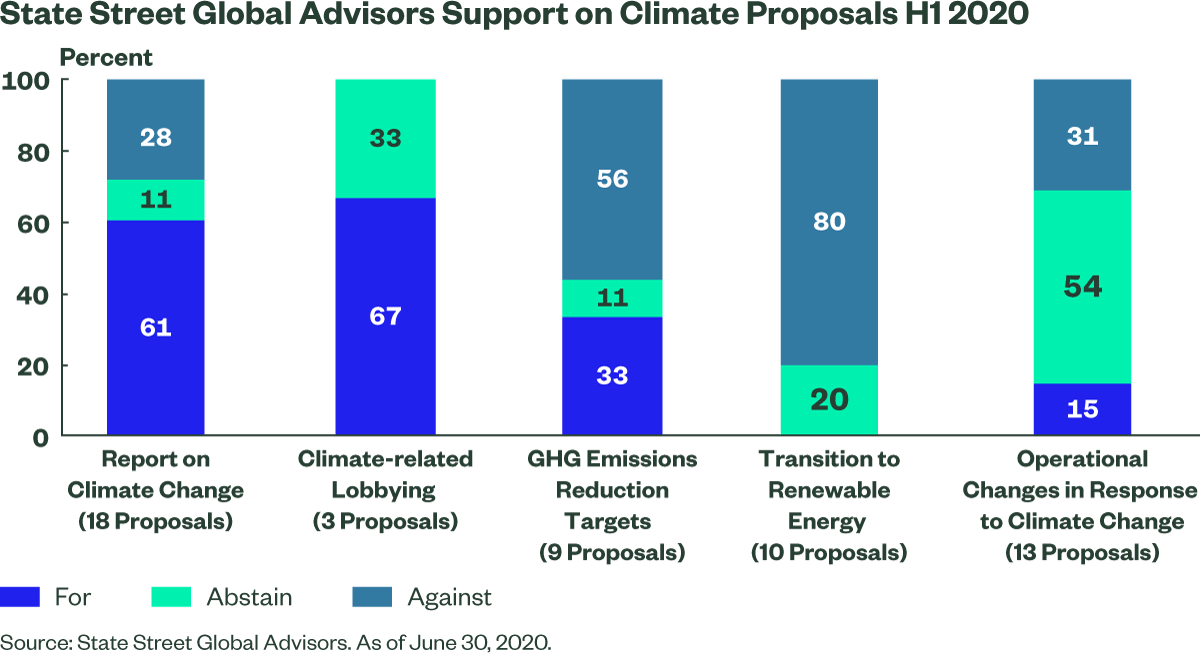Heather Benzmiller Sultanian is an associate at Sidley Austin LLP. This post is based on her Sidley memorandum, and is part of the Delaware law series; links to other posts in the series are available here.
A pair of opinions released by the Delaware Supreme Court in a single week have revisited longstanding precedent governing shareholder suits that claim corporate wrongdoing. As discussed in a companion post on this blog, the first of those opinions, Brookfield Asset Management Inc. v. Rosson, restricted the ability of shareholders to bring direct claims under certain circumstances, instead forcing them to pursue more procedurally challenging derivative suits. In the second case, United Food & Commercial Workers Union & Participating Food Industry Employers Tri-State Pension Fund v. Zuckerberg, the Delaware Supreme Court adopted a new three-part demand-futility test that clarifies the standard shareholders must meet to file such derivative suits, without first taking their complaints to the company’s board of directors.
Background
United Food arose from a vote by Facebook’s board of directors in 2016 to pursue a stock reclassification plan that would allow CEO Mark Zuckerberg to sell most of his Facebook stock — which Zuckerberg planned to do to fulfill the “Giving Pledge,” under which he had committed to giving the majority of his wealth to philanthropic causes — while still maintaining voting control over the company. Days after Facebook announced the reclassification plan, several investors filed class action suits to block the plan, alleging that it was a self-interested deal that put Zuckerberg’s interests ahead of Facebook’s in violation of the board of directors’ fiduciary duties. Shortly before trial was scheduled to begin, Facebook abandoned the reclassification plan and mooted the pending litigation.

